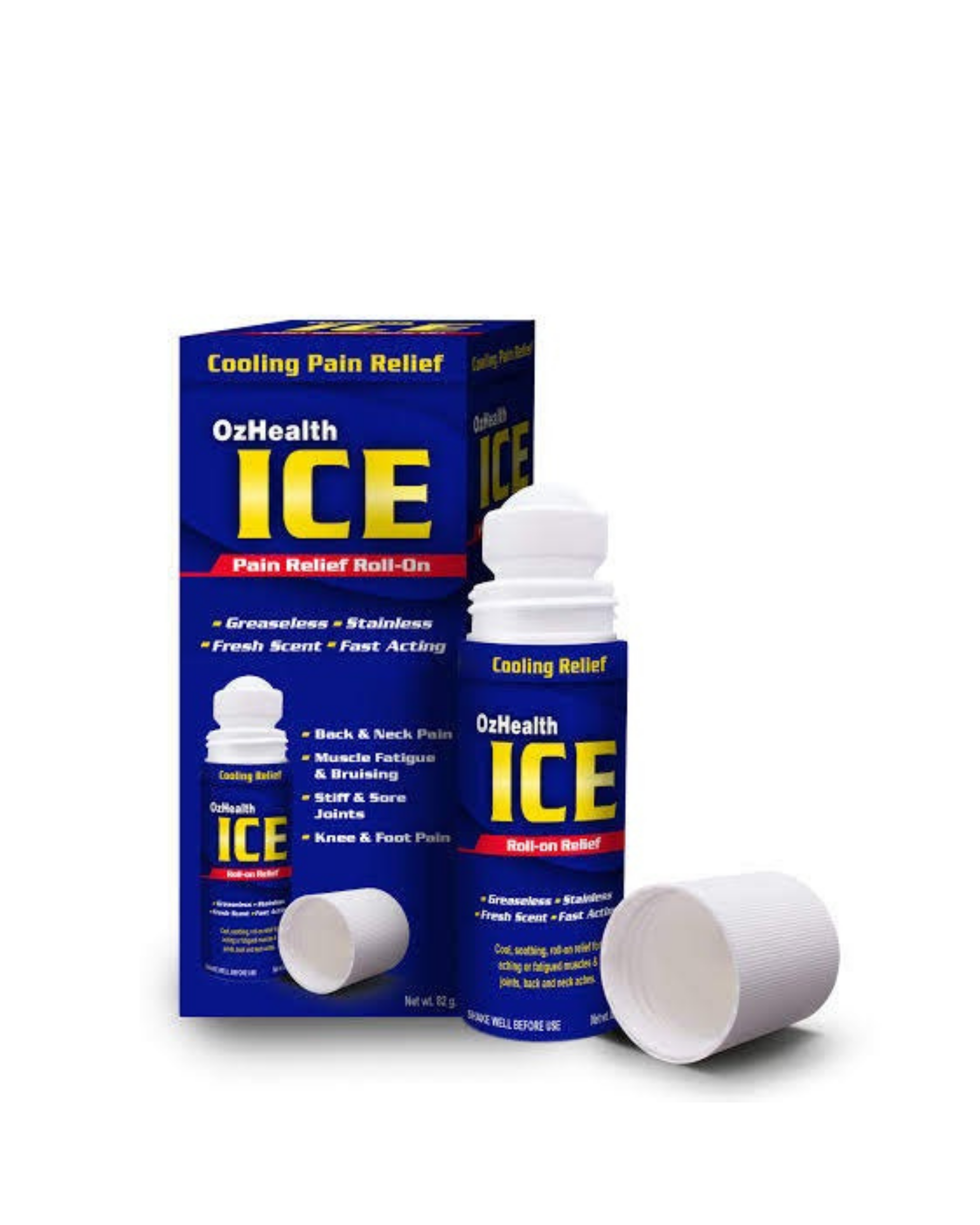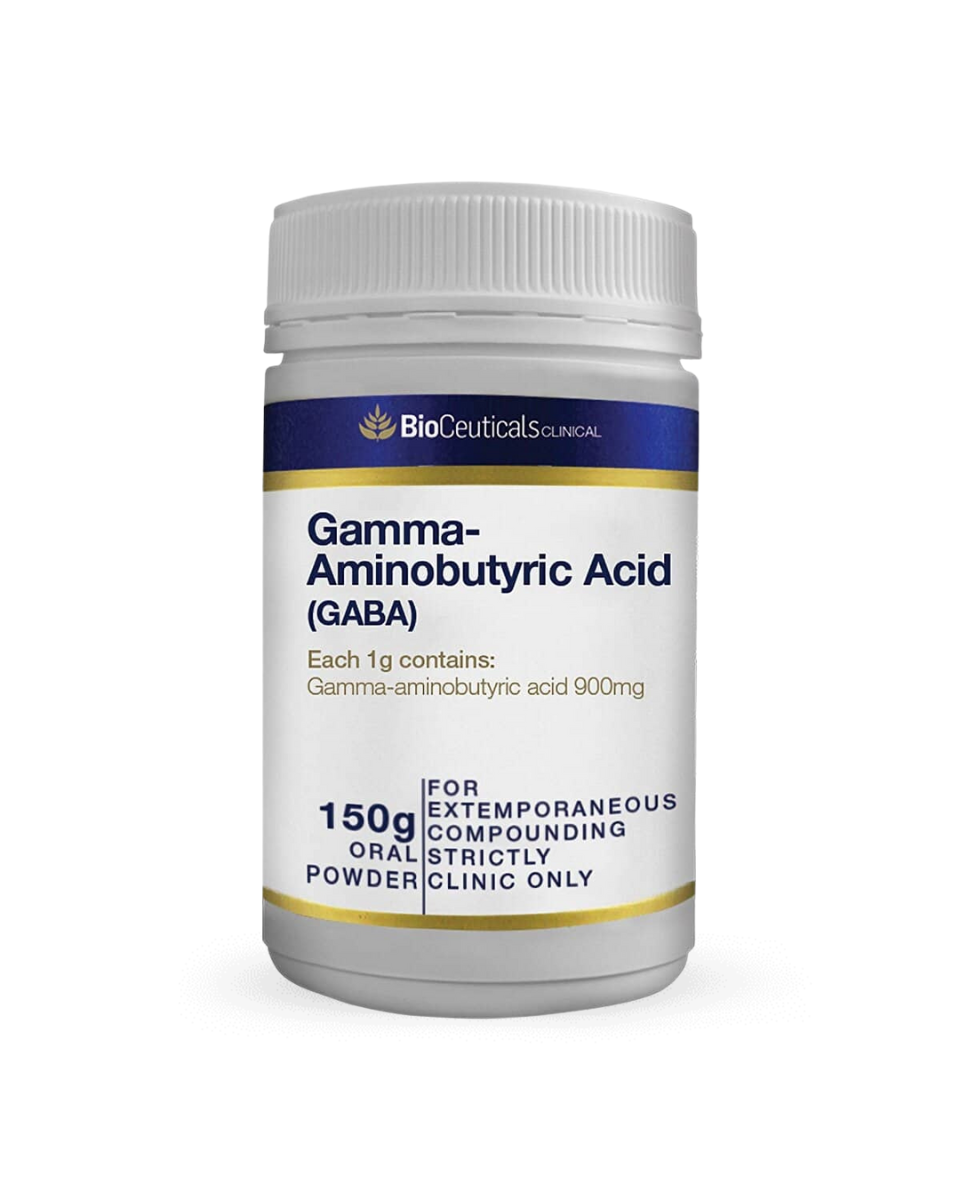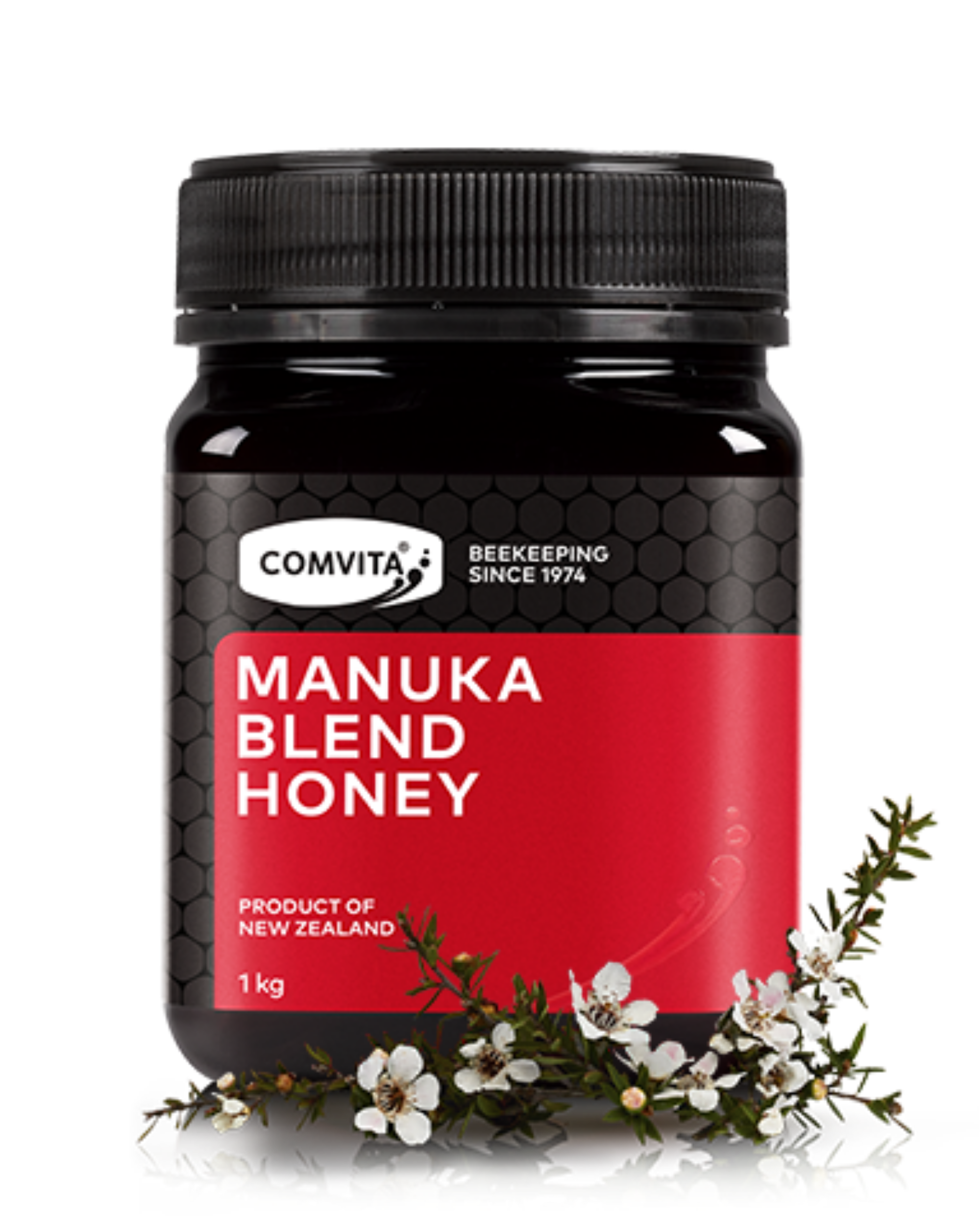Interaction of Supplements with Kidney Conditions

For individuals living with kidney conditions, understanding the interaction between dietary supplements and their health is crucial. While supplements can offer benefits, they can also pose risks, particularly for compromised kidneys. This article aims to illuminate the complexities of using supplements when dealing with kidney issues and to provide guidance on navigating these waters safely.
The Delicate Balance
The kidneys are vital organs that filter and remove waste products from the blood. When they are not functioning optimally, as in the case of kidney diseases, the body's ability to handle additional substances like supplements can be significantly impaired. Certain supplements, when not used appropriately, can exacerbate kidney problems or interfere with the effectiveness of kidney medications.
Risks Associated with Supplements in Kidney Conditions
Supplements, especially those containing minerals like potassium and phosphorus, can accumulate in the body when kidney function is impaired. Excess levels of these minerals can lead to serious health issues, including heart problems and further kidney damage. Herbal supplements, often perceived as natural and safe, can also be harmful. Herbs such as St. John’s Wort and echinacea may have diuretic effects or interact with kidney medications.
Protein Supplements and Kidney Health
A common concern regarding kidney health is the consumption of protein supplements. While protein is an essential nutrient, excessive intake can strain already compromised kidneys. Therefore, it is important for individuals with kidney conditions to balance their protein intake and consult with healthcare professionals before incorporating protein supplements into their diet.
Navigating Supplement Use with Kidney Disease
Before starting any new supplement regimen, it is essential to consult with a healthcare provider. This consultation should include a discussion of the patient's specific kidney condition, current medications, and the potential risks and benefits of the supplement in question.
Supplements and Medication Interactions
Supplements can interact with prescription medications, altering their effectiveness or causing adverse effects. Certain supplements might increase the risk of bleeding if taken alongside blood thinners. Before taking any new supplement, it is crucial to discuss potential interactions with a doctor or pharmacist.
Choosing the Right Supplements
When choosing supplements, it is important to consider their quality and purity. Look for products that have been tested and verified by third-party organizations. Understanding labels and dosage instructions is also crucial. However, the primary guide should always be the advice of a healthcare professional.
Conclusion
For individuals with kidney conditions, the decision to use supplements should be made with caution and in consultation with healthcare professionals. Understanding the potential risks and interactions of supplements is crucial in managing kidney health. While supplements can provide benefits, they should be used judiciously and as part of a broader approach to managing kidney health that includes diet, lifestyle changes, and medication as prescribed by a healthcare provider.
Disclaimer: This article, "Interaction of Supplements with Kidney Conditions," is for informational purposes only and is not a substitute for professional medical advice, diagnosis, or treatment. Always consult your healthcare provider before using any supplements, especially if you have kidney disease or other health conditions. The information provided here should not be used for diagnosing or treating a health problem or disease.
References: For more detailed information and a list of references, please refer to the main blog: Vitality Through Kidney Health.































































